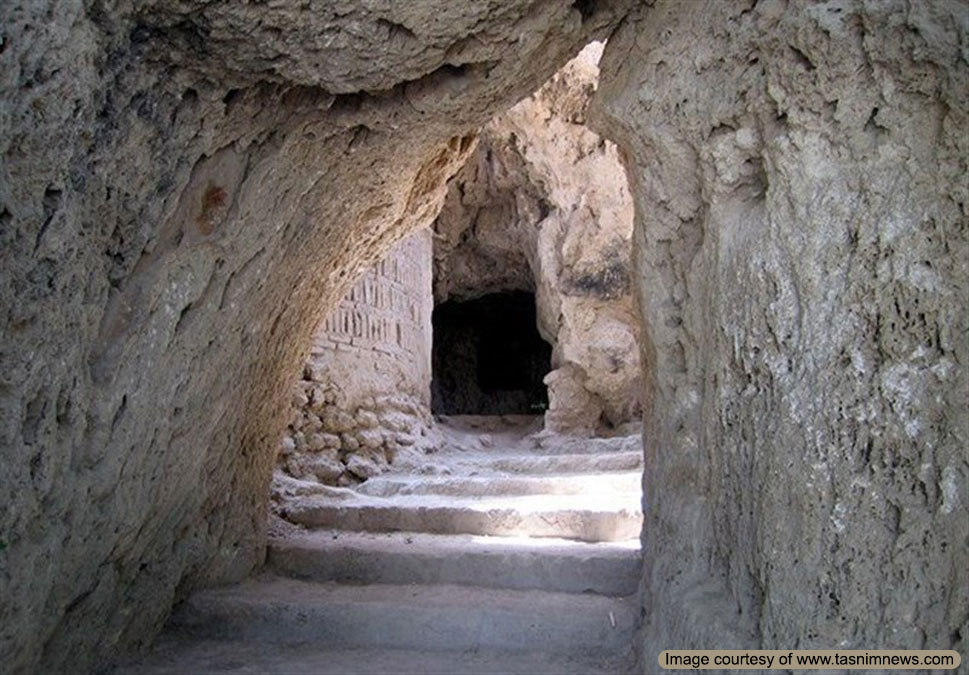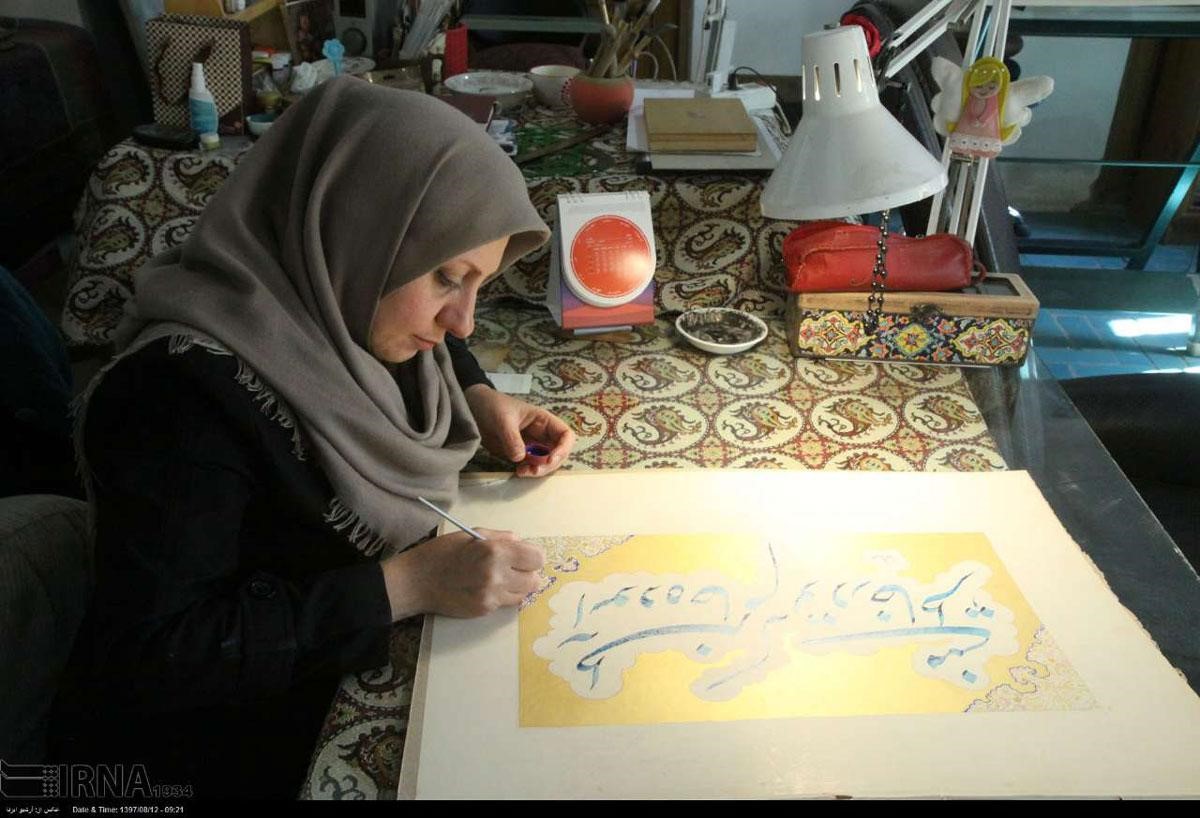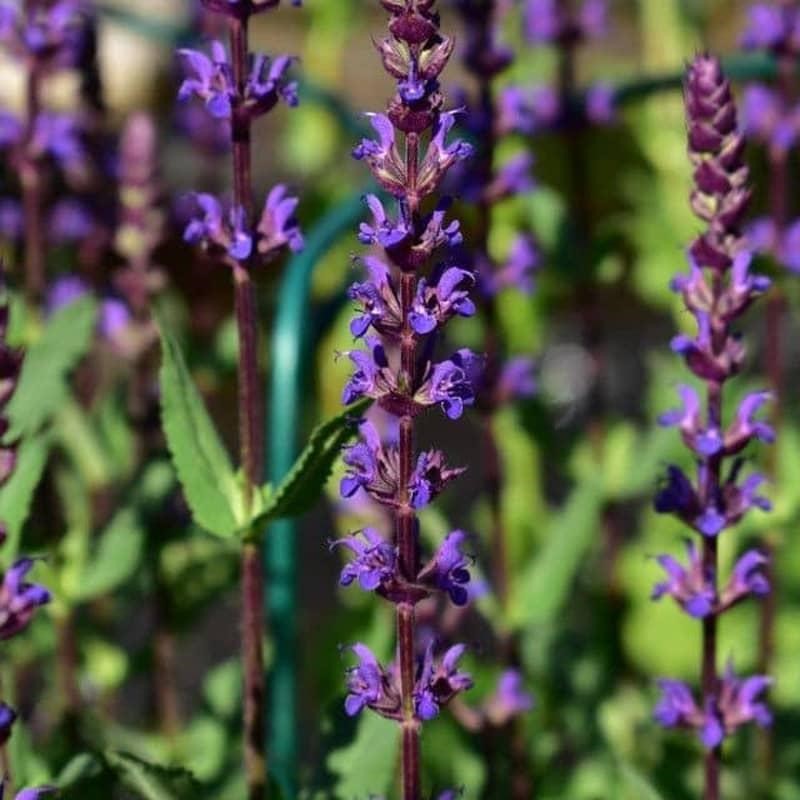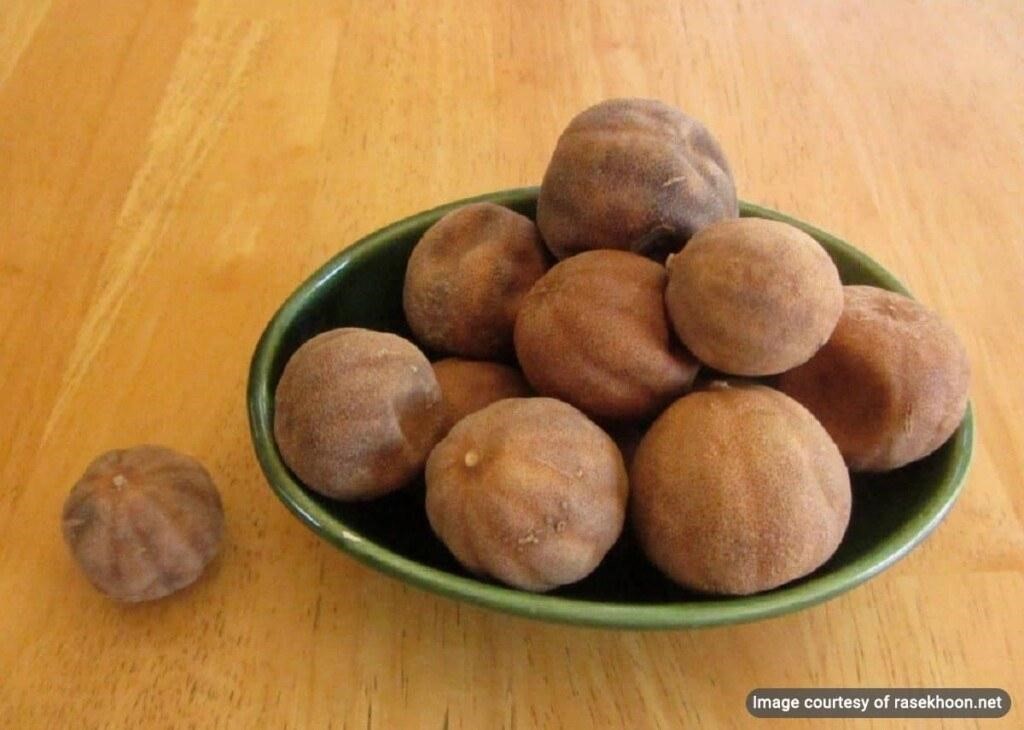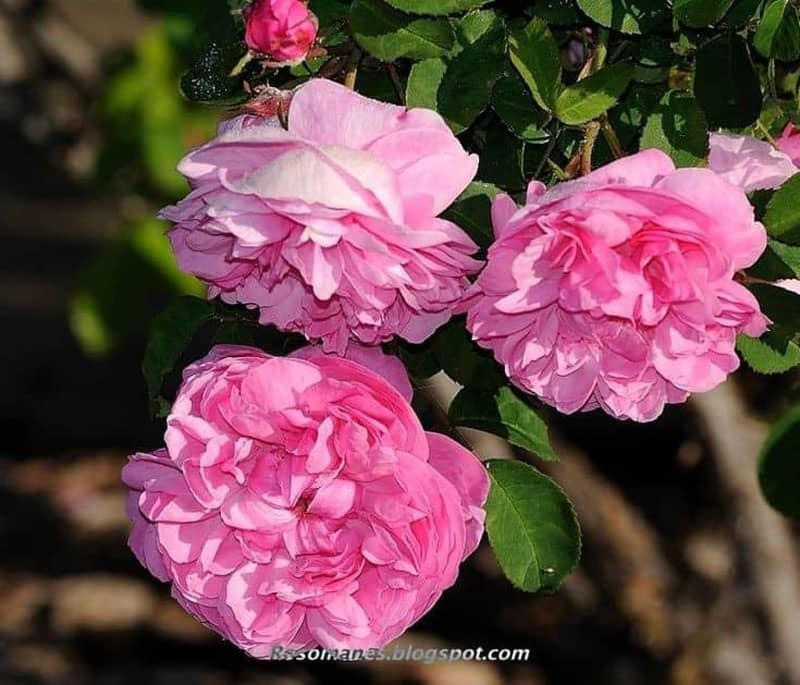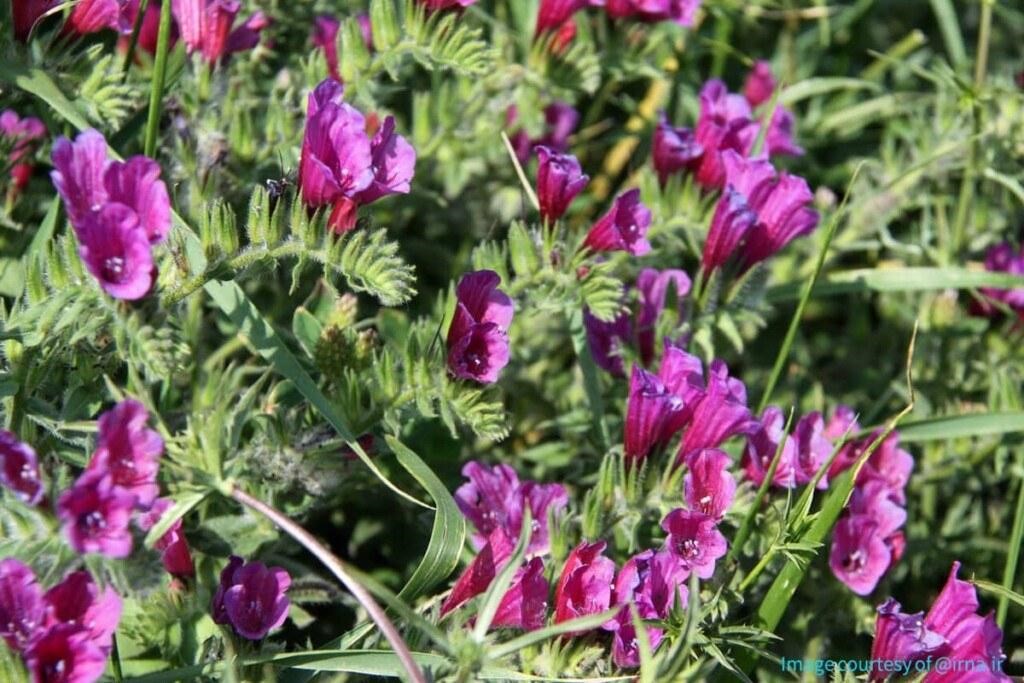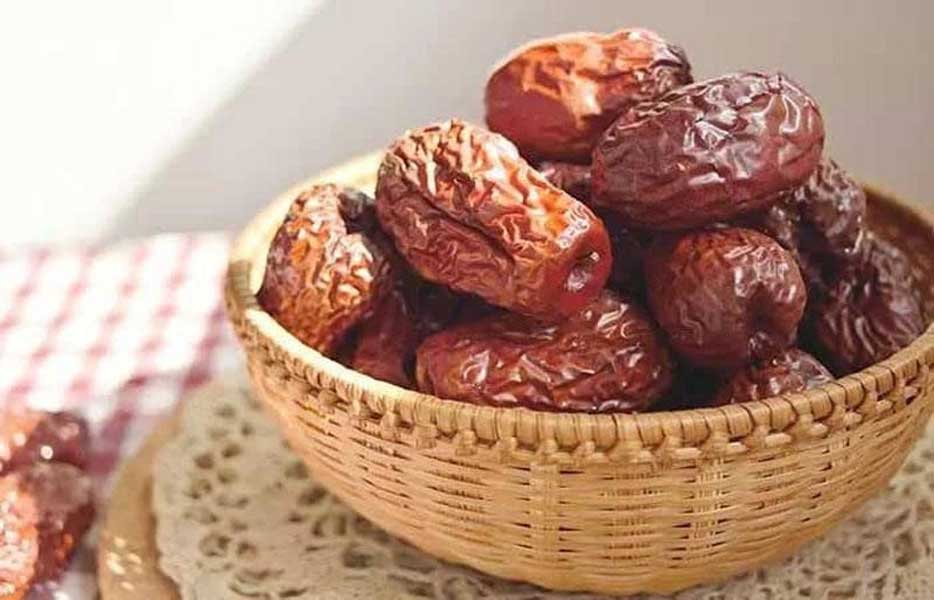
Jujube is a medium-sized shrub with a maximum height of 10 meters and a member of the Elaeagnaceae family. This shrub grows in hot and dry climate and has small green, hairless and oval shaped leaves.
The Jujube fruit has considerable medicinal properties and is considered one of the most common Iran medicinal herbs. This fruit is round and green in its early stages of growth. Then, it gradually turns olive green and red and wrinkles after drying. This fruit, also known as red date and Chinese date, is abundantly produced and cultivated in South Khorasan province.
Origins of the Jujube Shrub Cultivation in Iran
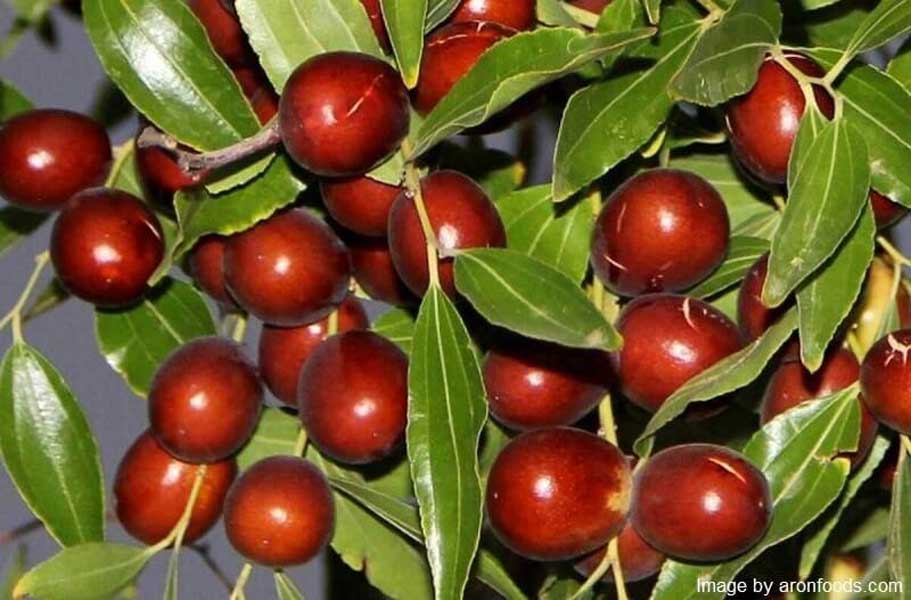
Today, the Jujube shrub is cultivated in most parts of the world, and due to this widespread cultivation, its origins are unknown. However, the origin of this shrub can be attributed to South Asia, Lebanon, Southwest Afghanistan, North India, the Korean Peninsula and South and Central China.
The jujube shrub is widely cultivated and marketed in Iran. Statistics show that Iran ranks second globally in terms of jujube cultivation and production. In fact, this medicinal herb is cultivated in Iran over an area of 3 thousand hectares. More than 95% of this amount is planted in South Khorasan province, yielding 4200 tons annually.
The cultivation of this shrub in South Khorasan has a very long history. The oldest jujube shrub in this province is over 400 years old.
The jujube fruit has various uses in different parts of the world. For example, in Britain, this fruit is dried or processed into flavored candies and served with tea. Also, in countries such as China, Korea and Taiwan, they use it to make sweet jujube syrup.
In some parts of the world, this fruit is fermented into jujube vinegar. In some African countries, jujube fruit is an ingredient for baking traditional cakes. It is consumed as a dried fruit in Iran, Pakistan and India.
Jujube Medicinal Properties and Nutritional Value
Jujube fruit contains high volumes of vitamin C and various minerals such as calcium, phosphorus, iron, carotene, thiamin, riboflavin, niacin and fluoride. This combination of nutritions grants it remarkable medicinal properties. This fruit also contains antioxidants, proteins, carbohydrates and pectin. Pectin is a fiber considered very effective in reducing fat and controlling blood sugar.
This fruit, which is one of the traditional medicinal herbs of Iran, has many therapeutic properties due to the ingredients mentioned earlier, some of which include:
Sedative and Mood Stabilizer
Chinese and Korean traditional medicine recommend this fruit as an anti-anxiety drug. In addition, jujube fruit can be used to boost stomach, spleen and digestive system function.
Detox Agent
This fruit can prevent cardiovascular problems by purifying the blood and removing its toxins.
Enhanced Regeneration Rate
The use of jujube pulp in the treatment of wounds and cuts increases their healing rate.
Prevention of Tooth Decay
The ingredients in this fruit prevent tooth decay and gum infections.
Antioxidant Properties
Jujube infusion and tea exhibit anti-cancer properties. In fact, the antioxidants and vitamin C in this tea inhibit the growth and movement of free radicals in the body. They prevent the growth of tumor and cancer cells. The combination of Jujube juice with lettuce is also recommended to prevent and treat cancer.
Helps Treat Constipation
This fruit is considered as a laxative and used in the treatment of constipation.
Cold and Flu Treatment
Iranian traditional medicine recommends jujube decoction as a remedy to relieve colds and flu symptoms and soothe sore throats. In the eastern regions of Asia, the tea of this fruit is used to prevent colds. Due to its thick glaze, jujube fruit can alleviate coughing and treat dry lungs.
Treatment of Asthma and Shortness of Breath
Consuming jujube decoction is effective in treating asthma and shortness of breath. To prepare the decoction, boil 50 grams of this fruit in one liter of water until two-thirds of the water content is evaporated and drink it.
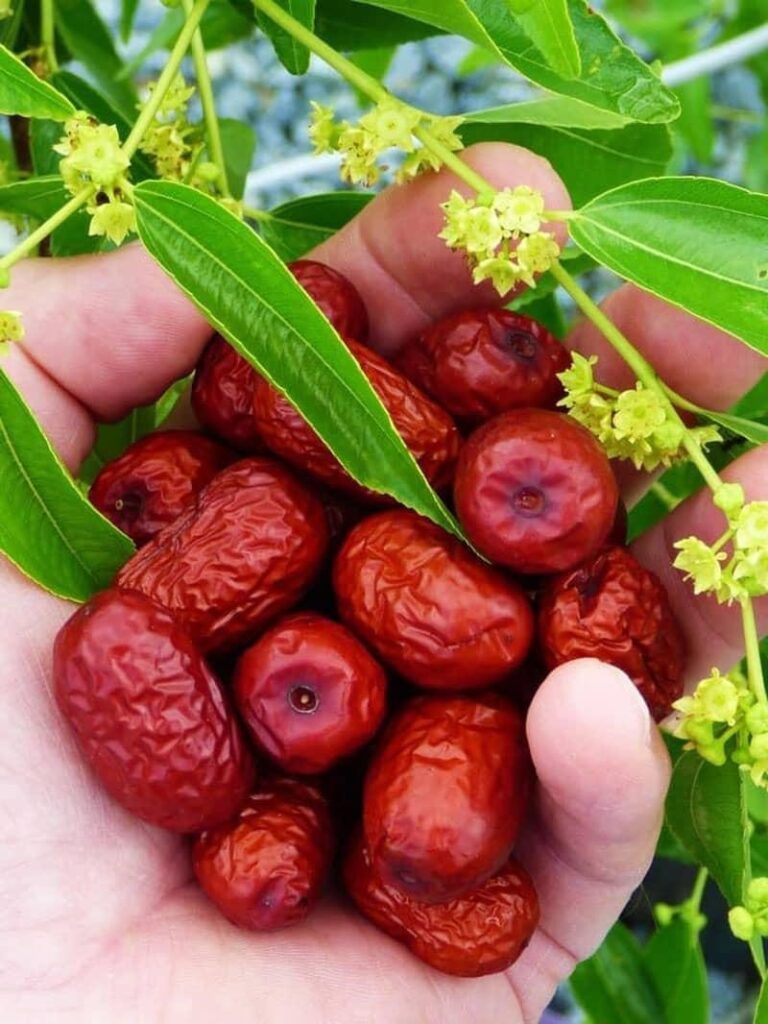
Learn More About Jujube Fruit in Iran
Jujube is one of those fruits highly recommended in Iranian traditional medicine. This fruit is widely cultivated and consumed in Iran for its medicinal properties. As mentioned earlier, South Khorasan province is the main center of jujube production in Iran.
If you travel to Khorasan province on an Iran tour package, you can prepare and consume this fruit. Destination Iran introduces various types of medicinal herbs in Iran as part of our food tourism promotion plans.






